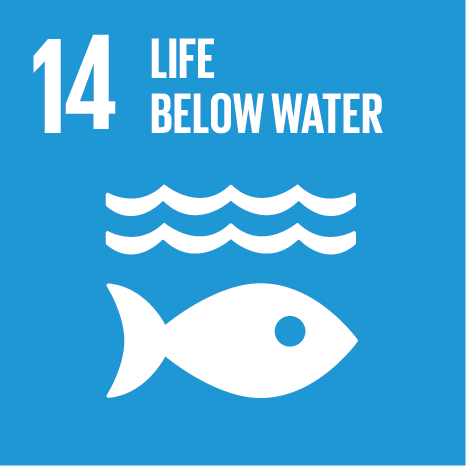Ciência_Iscte
Publications
Publication Detailed Description
Utilization of resources: An ethical issue: The anti-commons and the aquaculture case
Book Title
Ethical issues and social dilemmas in knowledge management: Organizational innovation
Year (definitive publication)
2011
Language
English
Country
United States of America
More Information
Web of Science®
This publication is not indexed in Web of Science®
Scopus
Google Scholar
This publication is not indexed in Overton
Abstract
Anti-Commons Theory is an interesting theme that is being developed in the area of property rights since the 80’s. It intends to explain why an “anti-commons” emerges and why resources may be prone to under-use. In an anti-commons situation there are too many exclusion rights that lead to the under-use of resources. In Portugal, too many people (and institutions) have been involved in the approval processes of aquaculture projects. They may be involved in reaching a decision about the approval of a project which gives rise to the under-utilization of the resources that promoters aimed to exploit. Actually, it takes so long to approve a project that the time required for its implementation may be excessively delayed. This kind of problem results typically from bureaucratic environment. An ethical problem rises with this phenomenon. Projects may not go forward and all the amounts spent in the project will be lost. Besides, a viable project simply can be gone, with all the inherent losses of value.
Acknowledgements
--
Keywords
Fields of Science and Technology Classification
- Mathematics - Natural Sciences
- Agriculture, Forestry and Fisheries - Agriculture Sciences
Contributions to the Sustainable Development Goals of the United Nations
With the objective to increase the research activity directed towards the achievement of the United Nations 2030 Sustainable Development Goals, the possibility of associating scientific publications with the Sustainable Development Goals is now available in Ciência_Iscte. These are the Sustainable Development Goals identified by the author(s) for this publication. For more detailed information on the Sustainable Development Goals, click here.

 Português
Português



